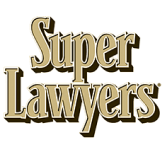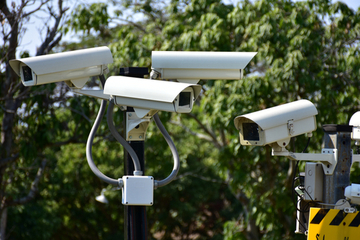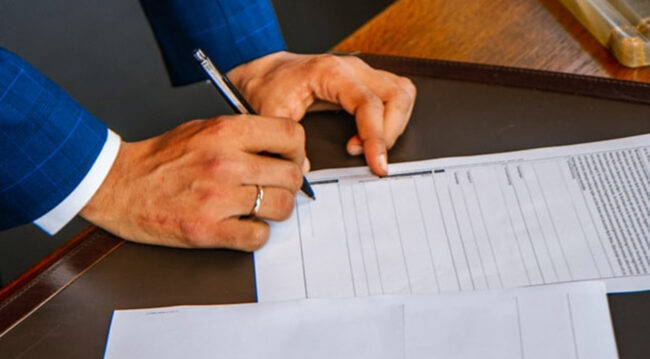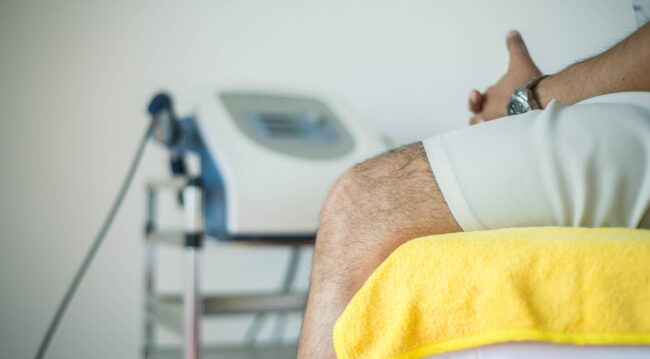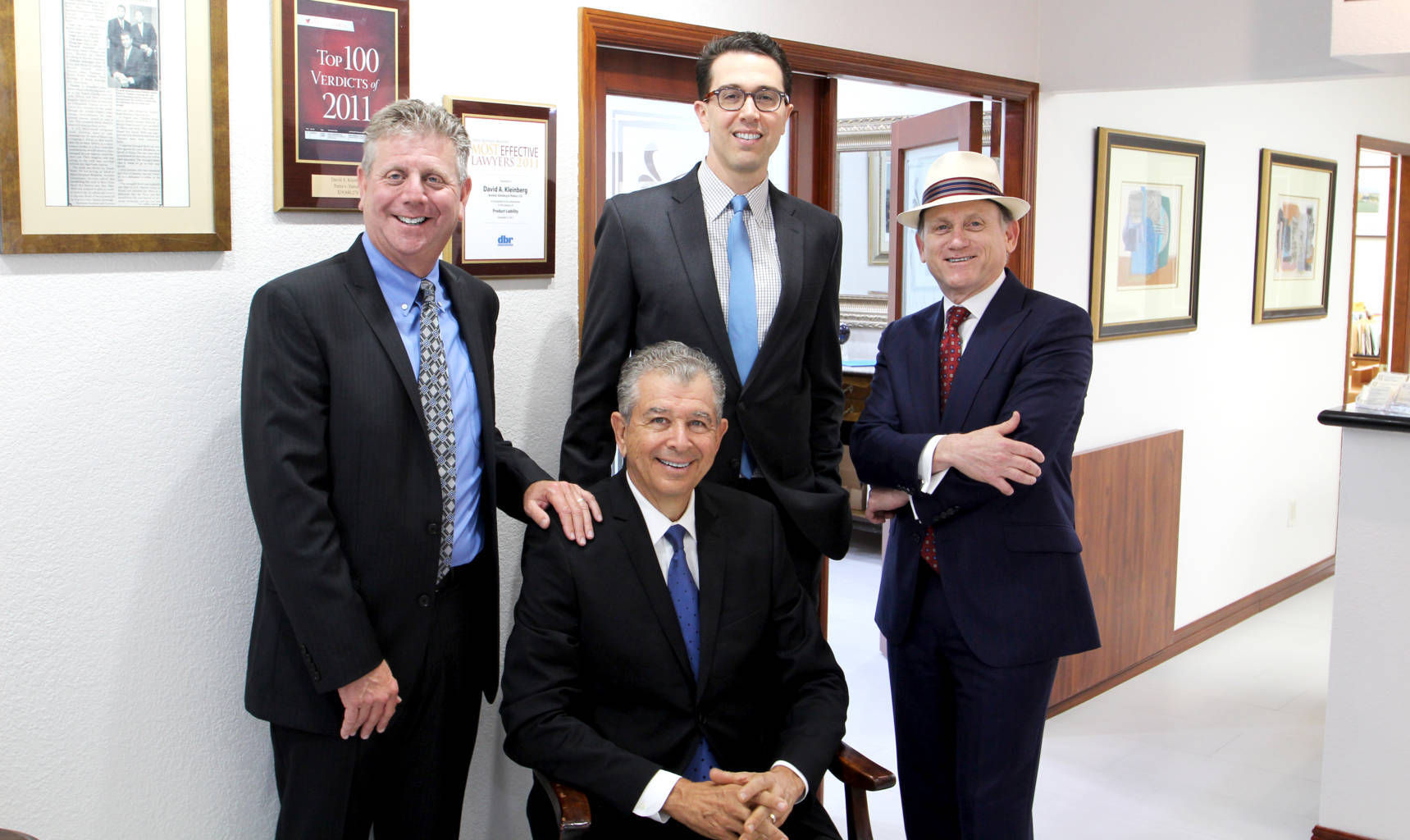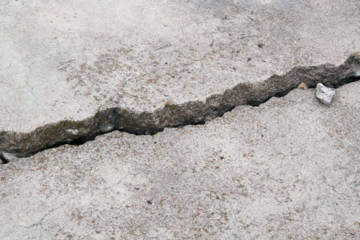
Have You or a Loved One Suffered an Injury from a Trip and Fall Accident in Florida?
As Miami-Dade and Broward County trip and fall personal injury attorneys who protect people from others’ negligence, we know that it’s not always easy to hold a property owner responsible in trip-and-fall cases. There is sometimes a stigma attached to these kinds of claims, where people assume that anyone suing because they fell down is simply looking to blame someone for an embarrassing accident or to make easy money.
At Neufeld, Kleinberg & Pinkiert, we understand that overcoming this stigma is just part of the process of proving your injury could have been prevented had the property owners made an adequate effort to keep their property safe. That being said, there are a number of specific things that are required to prove fault in Florida trip-and-fall cases.
Florida Property Owners Have a Duty to Maintain Safe Conditions
While Florida property owners have a responsibility to maintain safe properties, this duty isn’t all-encompassing. Let’s say store management installs shopping-cart bumper near the door, to encourage shoppers to slow down and not bump into each other. If the warning of that bump is clearly installed and you trip and fall on that bump, it’s quite likely that the property owner won’t be held liable for any injuries that you sustain.
However, they are required to do what they can to keep you safe at your job, and the job of your lawyers is to prove that they neglected this duty.In order for Florida property owners to be held legally responsible for a trip-and-fall accident, the following are some of the factors that should be true as applicable:
- The dangerous condition in question was caused by the owner or an employee. This could include spilling something, breaking a light bulb and leaving the area in darkness, or leaving an item in your path that caused you to trip.
- The owner or an employee knew about the problem that caused your fall, but for whatever reason, didn’t do anything about it.
- If the management or employees didn’t actually know about the condition because it was caused by someone else (i.e. another customer). However, the defect or dangerous condition existed for a reasonable period of time and SHOULD HAVE been discovered, repaired or removed.
Should Haves and Reasonableness
All you need to do is prove that property owners or employees caused the issue, or show documented evidence that they knew about it and essentially shrugged, apparently trusting luck to get them through.Sounds easy right? But this kind of clear-cut evidence does not come up very often. Instead, most trip-and-fall cases require further investigation and putting pieces of a puzzle together. The trick is finding a way to argue that any reasonable owner would have known about the issue and dealt with it. How do you do that?
Prove duration. This is often used in slip and fall cases. For example oil spills on a shop floor resulting in a slip-and-fall accident 30 seconds later. Even the most safety-minded owners can’t be everywhere and do everything to prevent accidents. However, if you change the timeline on that accident and say that you fell three hours later, the case is starting to look better. Make it three days later and it’s a lot easier to ask the question,”why the heck wasn’t something done about that oil?” Wouldn’t a reasonable person have taken care of it? In a trip and fall, proving duration is often easier because they will more often involve defects that, by definition, take a long time to develop. Buckling wood, height-disparities on the ground, rebar sticking out of the ground, all happen over time. However, there are certainly some trip and fall conditions that could have been put in place shortly before the trip and fall injury, such as a store’s product on the floor.
Demand inspection proof. One of the defenses that property owners frequently pull out in defense against trip-and-fall claims is that their employees regularly conduct inspections to make sure that the property is in good condition. If this occurs in your case, the first thing that your trip and fall lawyer should do is ask to see their inspection log and do whatever they can to verify that the logs are accurate. Sometimes you’ll discover one or multiple inspections were missed, the logbook was completed after the incident, or the log book was otherwise doctored.
Check legitimacy. If you tripped over a specific item and hurt yourself, such as an extension cord in the middle of a walkway, one of the most important questions that your attorney can ask is whether or not that item actually needed to be there. Was it being used for a specific purpose? Was it still in use, or had it been left out? Was there another, safer place that it could have been moved to?
Look at safety considerations. If there’s construction debris on a walkway, was there a Warning sign? If there’s debris or some other problem that could cause people to trip and fall, did employees put some kind of barrier up? Was it dark when you fell because of insufficient lighting? These are all things that can point to the fact that the property owner should have done a better job at ensuring your safety.
Aventura Trip and Fall Accident Lawyer
As common as a trip, slip and fall injuries are in Aventura and south Florida, many attorneys are hesitant to take these personal injury cases due to their difficulty to prove under Florida law. The team of experienced attorneys at Neufeld Law Firm has the acumen needed to evaluate the details of your trip and fall accident, and to pursue appropriate compensation for damages if it’s evident you have a case.
What to Say to the Insurance Adjuster?
Insurance adjusters are going to call, possibly with a sense of urgency, to hear the story of your accident claim from you. What should you say to the adjuster? In a word, nothing. You are under no obligation to record any statements about your accident until after you’ve spoken with your trip and fall attorney. An investigation into the facts surrounding your accident will need to take place if we see there are a clear trip and fall or other types of premises liability case.
No Win – No Fees or Costs – Services in English, Spanish, and Creole
Slips, Trips, Falls & Other Premise Liability
South Florida’s weather conditions often make for unsafe, precarious surfaces. Common causes of slips, trips, falls and other premise liability-related accidents would include things like:
- Wet Surface Negligence (eg. water tracked into an entrance of a building during rain but not adequately dealt with)
- Debris on Floors
- Inadequate, faulty, or absence of handrails
- Inadequate, faulty, or absence of guardrails
- Broken Pavement on Sidewalks
- Uneven floors
- Carpet Tears
- Insufficient Hazard signs for freshly mopped or waxed floors
- Potholes in Parking Lots
- Poorly maintained sidewalks
Common Trip And Fall Accident Injuries
Anytime someone takes an unexpected spill there is going to be some kind of effect, ranging from general embarrassment to catastrophic personal injury. Here are a few examples of some of the trip and fall or, premise liability injuries we’ve seen over the years:
- Traumatic Head Injuries
- Spinal Injuries
- Fractured Hips
- Broken Pelvis
- Torn Tendons
- Torn Ligaments
In addition, many of these injuries create pain and suffering for the victims of someone’s negligence. Again, these cases can be challenging to prove, but when you have experienced any of these injuries based on the above causes, it is right to pursue compensation.
South Florida Premises Liability Lawyers
Not all Aventura trip and fall accident attorneys are the same. The team of professionals at Neufeld, Kleinberg & Pinkiert, PA, have over 90 years of experience to draw from to help you understand your rights and what it takes to protect them.The best situation, obviously, is to avoid the trip and fall injury in the first place! But if that is not possible, and you have experienced a trip-and-fall injury, contact our knowledgeable Miami-Dade / Broward personal injury attorneys today for a free consultation (we also have a Central Florida office and handle any trip and fall injury case in all of South or Central Florida). During the complimentary initial consultation, we can discuss the specifics of your situation and determine whether you have a strong case against a property owner. Call 305-931-6666.




